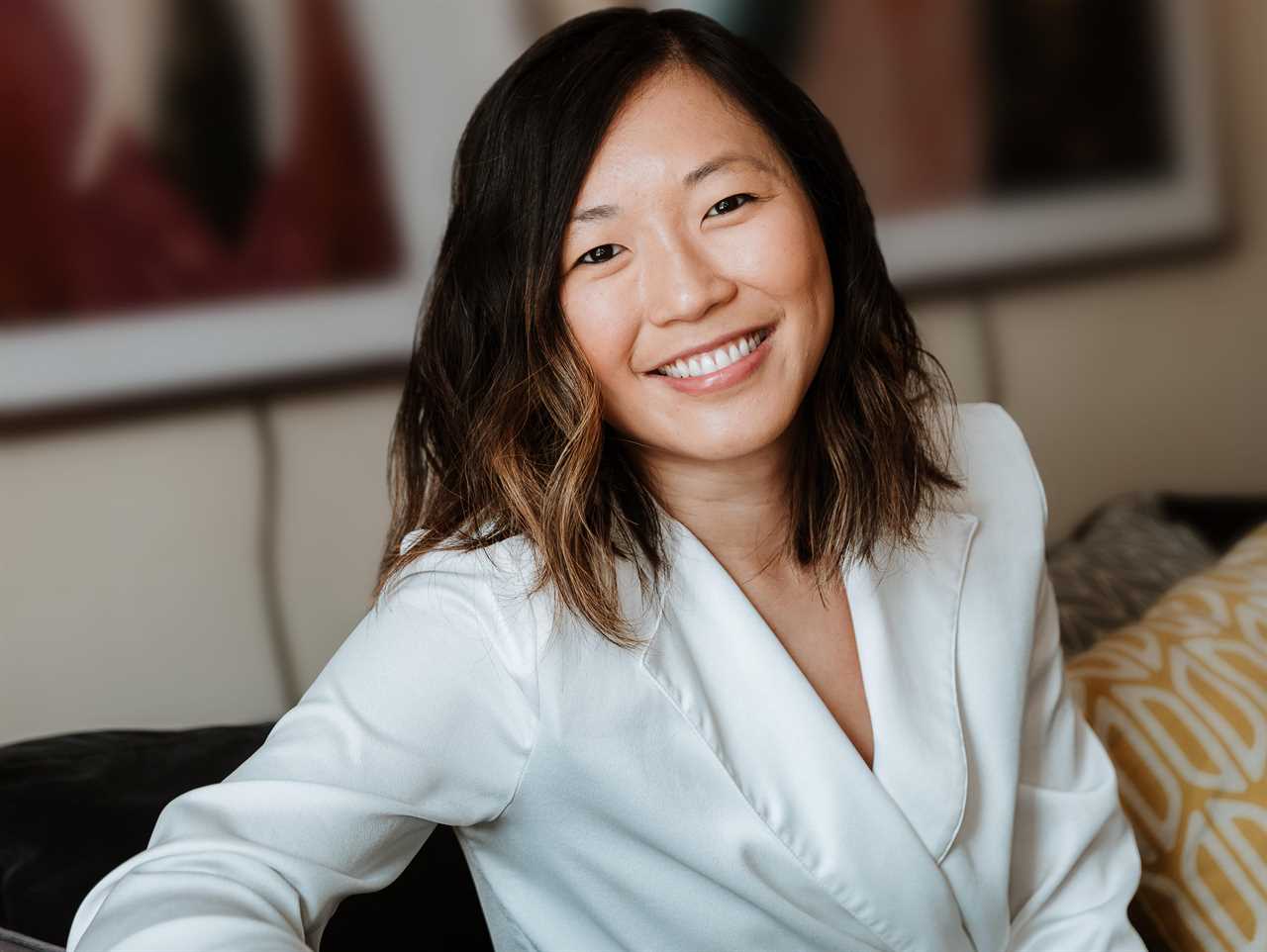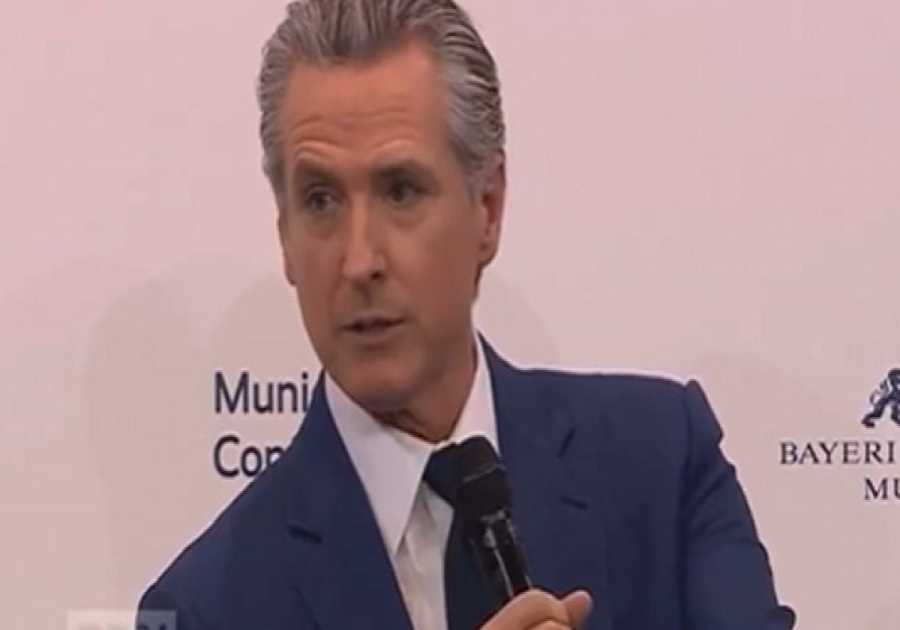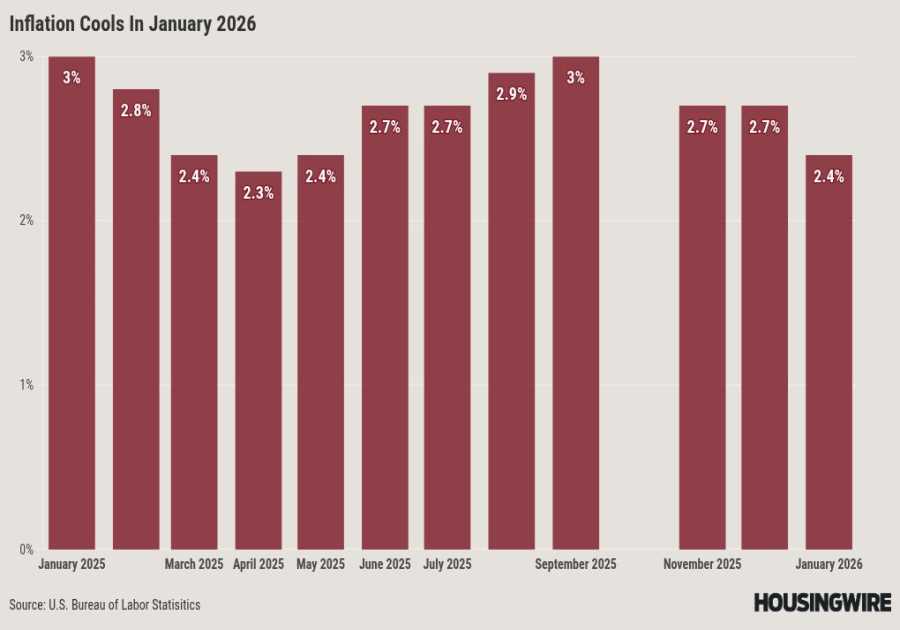
Verge Genomics
- Alice Zhang started Verge Genomics in 2015 to rethink the drug discovery process.
- In the latest Equity Talk, she shares how she's overcoming biases in the VC and biotech fields.
- "We're going to see a revolution of how biotech companies are formed," Zhang said.
Alice Zhang never expected to be a CEO. Yet she's at the forefront of the biotech industry as CEO and cofounder of Verge Genomics, working on drugs for diseases that don't have good treatments, particularly ALS, Parkinson's, and Alzheimer's.
Verge Genomics works with data derived from brains and spinal cords donated by people after they die. By generating the right clinical data, Zhang said they can feed it back into the company's AI to train and improve it.
"You can have as much data as you want and the fanciest algorithms but you're still not going to be able to predict something that actually works in humans," she said.
Beyond drugs, Zhang focuses on people and wants to show "there's a new way that people can work together that doesn't need to be ego driven, that doesn't need to be fear driven."
Zhang was recently named to Insider's list of the 30 young leaders who are forging a new future for the healthcare industry.
This interview has been edited for length and clarity.
How did you get to where you are today?
I think if you had even asked me like 10-20 years ago, if I thought I would ever be a CEO of a company, I would have said, "You're crazy." I was very much on an M.D.-Ph.D. track.
Within medicine, there's a huge impact for individual patients, but not much opportunity on a global scale. And within academia, I have realized that there is potential to make foundational discoveries that really impact folks, but I think the reality was the day-to-day was more focused on grants and publications.
During the course of my Ph.D., I essentially was working on using machine learning and computational biology to discover new drugs for peripheral nerve injury. And we found that the very first drug that came from the algorithms, when we put it into mice for testing, helped them recover from nerve injury about four times faster than the leading gold standard.
And I just thought, "Wow, this is such an incredible technology," and "where are we applying this?" and in the industry to make drugs and we're just very surprised. I think the state of art within drug discovery — there were very little truly data-driven, computation-driven drug-discovery companies out there at the time. This was eight years ago.
Now of course, there are many, and it's really exciting to see that it's now really being embraced as one of the futures of drug discovery. During that time, I thought it was kind of crazy that people are still using things like mice to try to predict what will work in humans. We have all of this human data now available to us. Why not take a much more data-driven approach and actually start with human data instead of with cell models and animal models that clearly weren't translating to effective drugs in humans? And so, I decided to make the leap. At the time I probably didn't know what I was getting into.
I always say you can't be too fixated on the destination. You have to take the first step and get more data and then figure out the next step. That was our approach; we weren't like "this idea is obviously going to work." We wanted to test it.
Can you walk me through what you do exactly on a day-to-day basis? Sometimes when my direct reports ask me what I do on a day-to-day basis, it surprises them. It's always a good way to understand everyone's job.
What's yours?
I say meetings and we use Slack. So I'm in like 18 slack conversations at any given moment. I have these interviews that I like to do because I think it's important for example, for a leader to do the work that they expect their direct reports to do. So I do interviews and I write stories, just like I expect everyone else to do.
That's a great example of how you can align what you do day-to-day with your values and what you care about. That's probably how I've evolved as well.
What I do day-to-day changes highly, depending on the time of year, but also something that I've changed is really aligning the day-to-day to what energizes me and what I think I'm uniquely good at.
Right now we're fundraising, so I spend a lot of time talking to investors, but when we're not fundraising, what really is something I'm passionate about is coaching. I really see my role, increasingly as the company grows, as essentially a coach to enable people around me.
I'm in a fortunate position where most people that report to me know way more about the field and are way better at what they do than I am. So I think my role is really to, how can we help them work through not just the content of what they do day-to-day, but what's the context within which they're working?
I try to really carve out time in my calendar to do the things that aren't necessarily urgent, but things like long-term strategy, what's the 5-10 year plan?
I've been really trying to be disciplined about blocking out like, a whole Monday afternoon and not having any computer time or anything in front of me, and just sitting down with a pen and paper and really kind of dealing with strategic debt that accumulates if you don't have anyone else at the company thinking about it.
hiring is another big part of how I spend my time. And then the last passion area for me is really culture. We have a really extensive cultural program at Verge that we've built over the last year that I'm also very passionate about.
In your fundraising journey, when you go to present to VCs or other investors, how has that gone? Have you had moments where you're like, "Why would you even ask me that?" Or have things been generally good for you?
Both. We're fortunate to have raised $134 million from top-tier investors. But I'm not gonna lie. It is hard and it is probably harder as a woman. And the reason I say that is because actually in the moment, a lot of it is not necessarily something I recognized. It was actually my partner who's also a founder or other men around me that have started pointing it out.
That's really been helpful because they don't necessarily see the same kind of questions. I'm an optimist. I think people want to get to gender equity and leadership positions. I think that the challenges that largely popped in, are largely things that are unconscious.
There's been an HBR study that has shown that women tend to get more defensive questions like, "What are the downsides?" or "How do you protect against downsides?" and men tend to get questions that are more upside focused.
Something that I've been thinking about a lot is, "How can we shift it in a way that isn't assigning blame, but really is calling out those things in the moment when they happen and pointing it out?"
It's like coaching — people want to get somewhere, but they just kind of need the data and the tools to help them get to it. That's something I've been more cognitive about: pointing out when it does happen, speaking about it more openly. The truth of the matter is that we still have a long way to go at the leadership positions for gender equity, but I think there is a strong desire to get there and I think there's been a lot that's changed.
Are you able to recall — if you're comfortable with it — a moment when you realized, "They shouldn't have asked me that question" or "If I was a male, they would have never asked me that."
Well, funny story: When I was pretty early on, like a couple of years after starting the company when I was raising the Series A, I had feedback from some investors that they thought that my answers were too smooth. "Alice seems to always have the answer. She feels like she knows everything."
So I went and saw a communications coach to figure out how to be more likable and empathetic. The communication coach actually told me that I don't move the top half of my face. Like it's just frozen and that reading neutral can read more negative — like worse — than reading negative. So I went through a period of time where actually literally I stood in the mirror and I practiced moving my eyebrows and my eyes to have a more empathetic look.
When I listened and answered, and practiced kind of couching answers and, more I guess, empathy or hedging a bit more. I did it for about six months. It was exhausting and it's draining. And after six months, I was kind of like, "Eff this."
Honestly, in the long term, you attract investors and people that believe in you and want to work with you and actually it is a form of disservice if you try to put out a front that's not authentic to you, because you actually will then attract people that are not coming to you for the right reasons. And so that's been a big lesson for me and my maturity as a leader.
I think the best thing you can do is be authentic to who you are, the vision, the message, and you will attract the right people. It's okay if some people aren't attracted to that — they're not right or wrong. It's just a preference.
You are a woman, a woman of minority descent and you're in science, you're in raising VC funds — usually male dominated fields. How has your journey been and how have you sort of taken on that leadership role of knowing that maybe people will look up to you? How do you feel fighting that fight where people are looking at you and maybe secretly questioning why you're there or if you deserve to be there?
I think the nice thing with science is ultimately it's data driven. I have the benefit for being in an industry that is very data driven, and that's unarguable. I think the best way to really try to combat those things is to essentially prove people wrong, to show that you can produce value — that you can attract high quality leaders.
I've seen beliefs — not necessarily about gender — but also about age. I think there's this general perception and a desire to bring in CEOs from executive level positions within pharma companies. I think it's evolving where Tech has really seen value in bringing that kind of naivete, or kind of that fresh pair of eyes, surrounding them with experiences and creating big companies.
But I think part of that is just showing them that there can be a new way of doing things. I personally believe in biotech that in the next five to 10 years, we're going to see a revolution of how biotech companies are formed. The tech cycles are compressing and becoming faster and faster, with not just AI, but molecular technologies, genetic engineering, and that requires actually a new type of founder that is much more open to innovation.
I think that's an area where naivete can be a benefit, when you have big technological hurdles to overcome. I think that will shift.
How would you say that you're transforming healthcare, and are you succeeding?
I think about transformation in two ways. I think about scientific transformation and people transformation. I think that we are going through a really exciting moment right now in biotech as well as in AI.
All of these multiple technologies have been rapidly advancing across physics, computer science, engineering, material science, and they're all now being deeply integrated in this really interesting way that I think has the potential to totally revolutionize how we discover drugs.
We're excited to be part of a cohort of companies that are really pushing that forward to the clinic. I would consider our biggest successes probably being one of the few companies that have actually put their money where their mouth is and actually gotten a drug all the way to clinic from the data.
We discovered a new target, we develop it ourselves, and it is now in clinical trials as a potential new therapeutic for ALS, in just the course of four years. I would say that's one of the things we're most proud of. And behind that we have a whole pipeline of new drugs all discovered from the human data and the AI platform that we have.
I think it's an exciting time because we're still going to start getting clinical data not just from us, but also from a couple of other companies on whether or not these drugs actually work in humans.
And then I think on the people side, one of the areas I'm really passionate about is showing the world that there's a new way that people can work together that doesn't need to be ego driven, that doesn't need to be fear driven. That doesn't need to be about looking buttoned up and only presenting the positive things. But one that can allow people to be truly authentic in the workplace, that can allow them to talk about their emotions, that can allow them to access the context of how they're doing things rather than just push through the content.
I think if you asked anyone at the company, it's allowed them to do work, I think, with a lot more energy because they don't have to spend all this energy, like stuffing down drama or emotions or in other very human things that aren't normally addressed in the workplace. That's something I'm really excited to show as a successful model within biotech writ large. We'd be really excited if in five years, multiple biotech companies are practicing this sort of conscious culture.
Read More
By: [email protected] (Josée Rose)
Title: The CEO of Verge Genomics shares how she's overcome gender and age biases in biotech by showing people 'there can be a new way of doing things'
Sourced From: www.businessinsider.com/alice-zhang-interview-ceo-verge-genomics-biotech-leadership-2023-8
Published Date: Thu, 17 Aug 2023 13:18:40 +0000
Did you miss our previous article...
https://trendinginbusiness.business/politcal/steve-bannon-fox-news-allin-on-making-sure-trump-is-not-president-again
.png)





